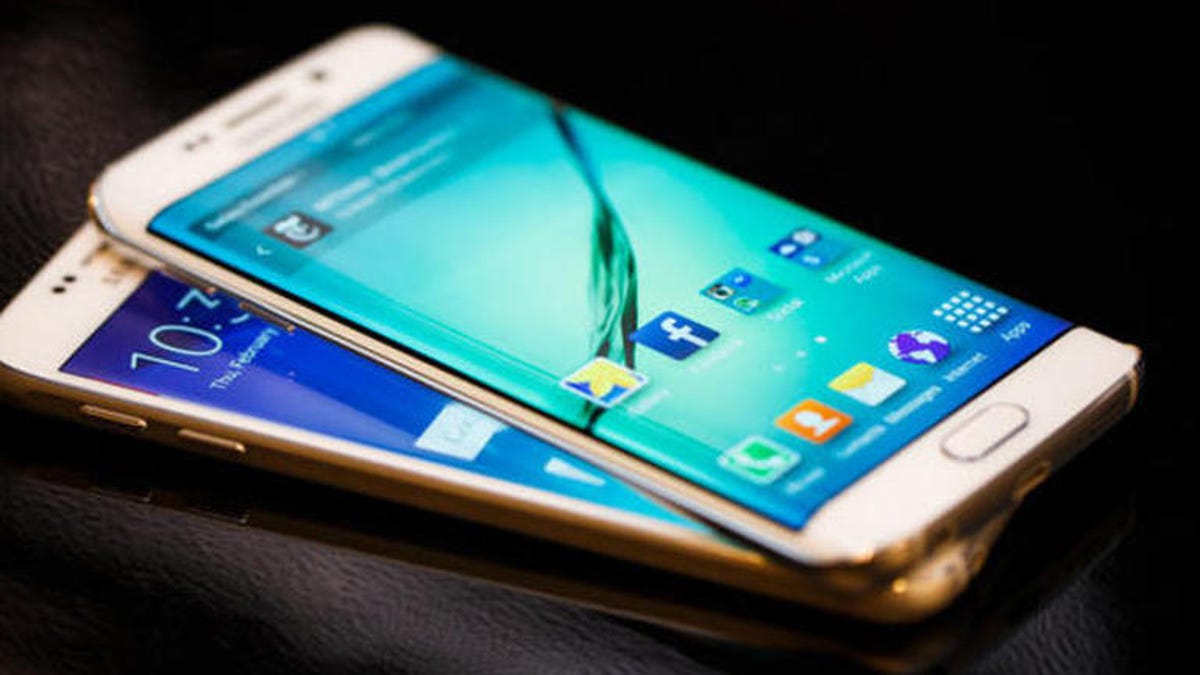Paying via Apple, Samsung phones? More banks are ready to serve you
Both Apple Pay and Samsung Pay have added more credit card issuers to their repertoire as they battle for your business.

Samsung Pay has a long way to catch up with Apple Pay among banks, but Samsung's service offers one key advantage.
Apple and Samsung have both picked up new bank partners in their battle to be your go-to for mobile payments.
Apple on Tuesday updated its Apple Pay page for participating banks and store cards to show an additional 66 banks, credit unions and other financial institutions in the US. That means the credit cards offered by those organizations can now be used for Apple Pay payments through an iPhone 6 or higher or an Apple Watch.
Samsung also announced that its Samsung Pay service has added 19 new credit card issuers, including PNC Bank and KeyBank, as well as several credit unions.
Apple Pay, launched in the US in October 2014, has about a year's headstart over Samsung Pay, which hit the US this past September. In the US, Apple Pay supports all the major credit cards through more than 850 card issuers, while Samsung Pay supports American Express, MasterCard and Visa cards from around 32 issuers.
Apple and Samsung aren't alone in trying to turn your smartphone into a convenient way to pay for goods at the cash register. Google has its own mobile payments system called Android Pay and retailers themselves are getting into the game. Walmart, for instance, last week launched a payments app that works on both iPhones and Android devices.
For all their efforts, however, consumers haven't been convinced that a phone is a more convenient way to pay for things than cash or a credit card. That could change as more banks partner with the services to make them more useful. Worldwide mobile payments are predicted to reach $1 trillion in value by 2017, more than double 2015's estimated total, researcher IDC said in August.
Though Apple Pay leads the list in credit card issuers, Samsung Pay enjoys a technical advantage among retailers. Samsung's payment system doesn't require the same NFC (near-field communications) technology needed by Apple Pay and can work with any magnetic-strip card reader, making for greater appeal to merchants, who don't have to upgrade their equipment. NFC is a mobile technology that lets a smartphone handle payments where retailers have the right gear in place.
Apple also leads overseas. Apple Pay is supported in the US and the UK through different banks and in Australia and Canada through American Express. Apple plans to push its payment service to Hong Kong, Singapore and Spain next year. Samsung Pay is currently available in the US and South Korea. Samsung plans to expand it to the UK, Spain and China.
Apple Pay works with the iPhone 6, 6 Plus, 6S and 6S Plus as well as the Apple Watch to pay for items at physical retailers. The service also works with the iPad Pro, iPad Air 2, iPad Mini 4 and iPad Mini 3 for in-app purchases. Samsung Pay supports the Galaxy S6, S6 Edge, S6 Edge Plus, S6 Active and the Galaxy Note 5.
(Via MacRumors)

